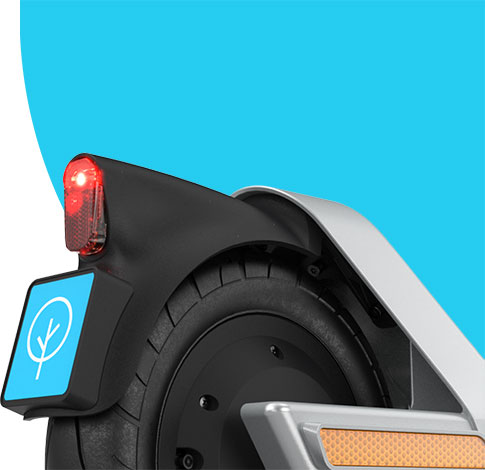Call it one of the unexpected outcomes of the coronavirus pandemic.
Researchers at the University of Tennessee, Knoxville and Portland State University have set out to study the resilience of alternative mobility systems like public transit, bike- and scooter-sharing during the most significant transportation disruption in a generation.
Funded by the National Science Foundation RAPID program, the study focuses on answering three key questions:
- How do people use transit and micromobility in the face of infection risk?
- How do people moderate their own travel and safety behaviors to reduce infection?
- How can both modes complement each other to help urban mobility recover?
“Transit and micromobility are complementary and supportive systems,” said Professor Chris Cherry of UT’s Department of Civil and Environmental Engineering. “Understanding how they can work together to recover from the coronavirus pandemic is critical to helping cities develop a resilient multimodal transportation network.”
Along with UT’s Assistant Professor Candace Brakewood and Portland State’s Sustainable Transportation Program Manager John MacArthur, the research team will be surveying both transit and micromobility riders in Nashville, Tennessee and Portland, Oregon. Bird will be participating in the program by providing critical survey data on rider habits, preferences and attitudes towards various modes of transportation. The study will also be tracking nationwide trends using Transit App.
“Bird’s support in this research was instrumental in getting the support of the NSF,” said Cherry. “This project was triggered early in the COVID-19 crisis through conversations between the research team and Bird. They’ve been able to provide a reliable and credible plan for generating the necessary data, resulting in a research project that will generate short- and long-term benefits for sustainable mobility.”
We’ll continue to keep you informed as the results of the study become available in the coming months. To learn more about how Bird is helping during the COVID-19 pandemic, click below:
- Bird provides free rides to medical and emergency personnel
- Bird begins measured rollouts as cities and countries turn to micromobility
- Bird Local Heroes program honors those providing essential services

